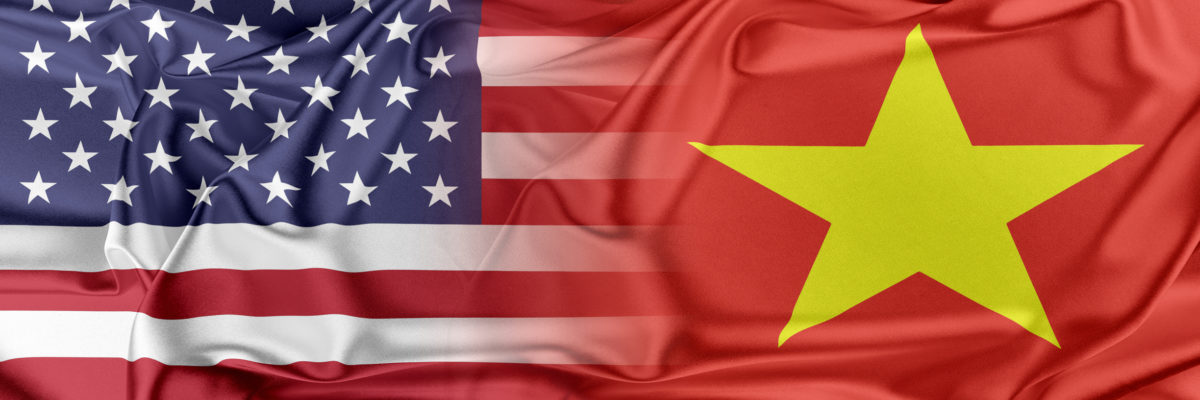
As suppliers search for new markets to source goods during the US China tariff negotiations, Vietnam is a natural fit. However, there is an increase in the worry that some goods are at risk of bearing a “Made in Vietnam” label even though they’ve actually been manufactured in China to avoid tariffs. Because the US is Vietnam’s largest export market, suppliers are working closely together with Vietnam Customs to ensure proper labels and documentation of the country of origin is accurately representing the cargo being exported.
Due to the close proximity of the nations, cargo can be shipped from China into Vietnam and then wrongly marked to avoid duties and tariffs when exported to the United States. Vietnam’s Customs authorities state that the most vulnerable cargo comes in the form of electronics and furniture. Both nations are watching for commodities that have had a significant reduction in export from China but a boom export coming from Vietnam as a telltale sign that these products may be mislabeled.
After last month, when Vietnamese Customs officials seized $4 billion in aluminum from China that was labeled “Made in Vietnam” and bound for the US, the nation has reinforced its customs procedures to crack down on the vacuum created by the trade war. Of course, the trade war didn’t invent fraud where imported goods are concerned; it’s unfortunately an issue we logistics professionals have to be aware of and take very seriously.
While the issues unfolding in Vietnam are forefront in the news, they are not the only nation who is at risk for fraudulent shipping information. There’s no single nation at the helm of this issue and we encourage all importers to be vigilant. This type of fraud impacts the entire supply chain regardless of where the goods are going in the world. It is the responsibility of all parties involved to protect the integrity of our industry with every shipment.







